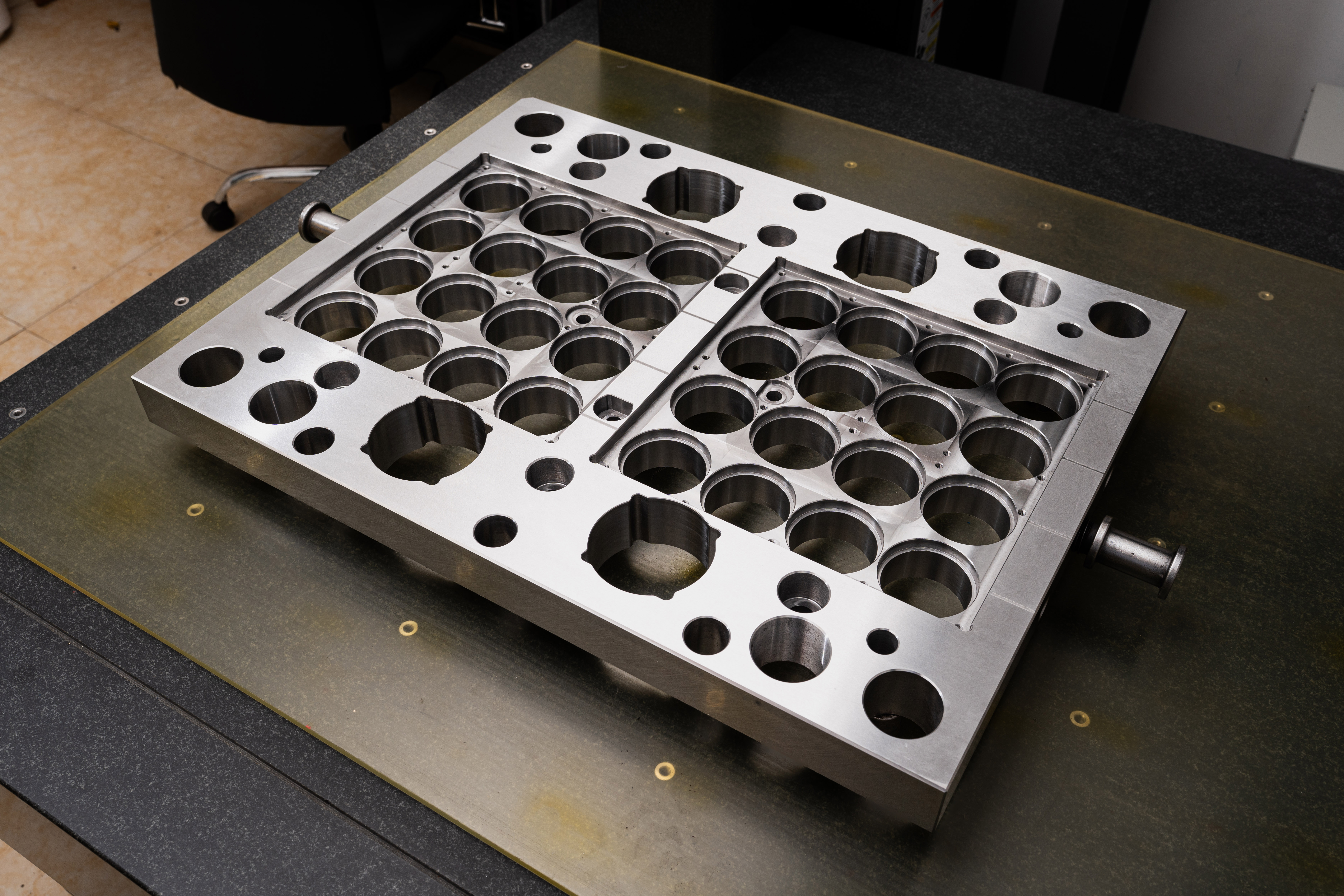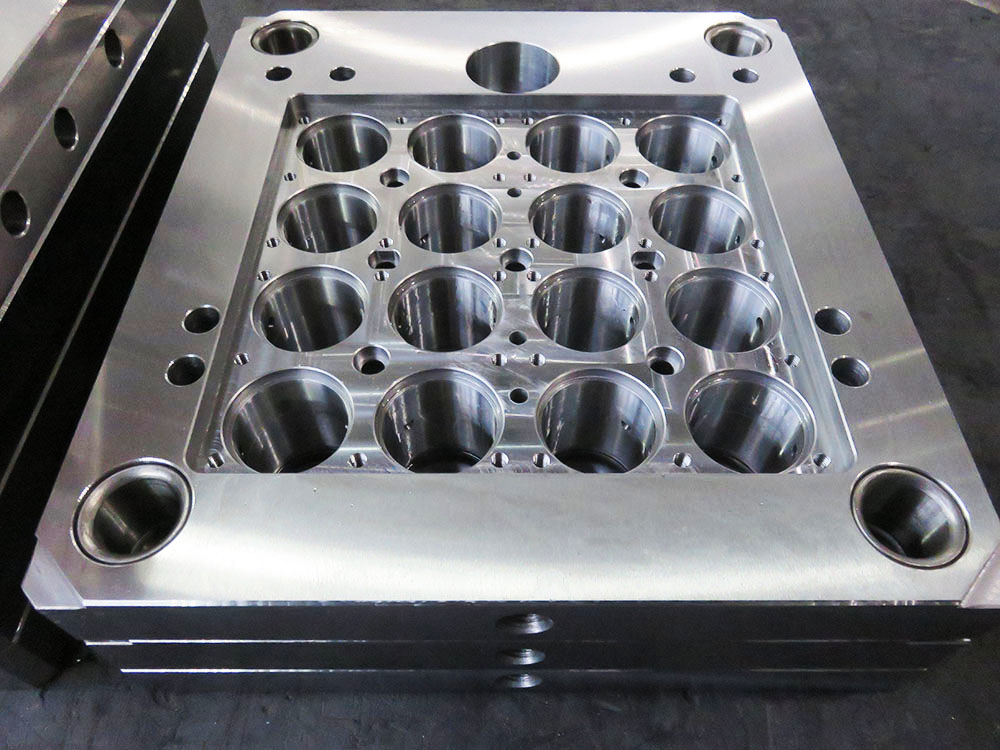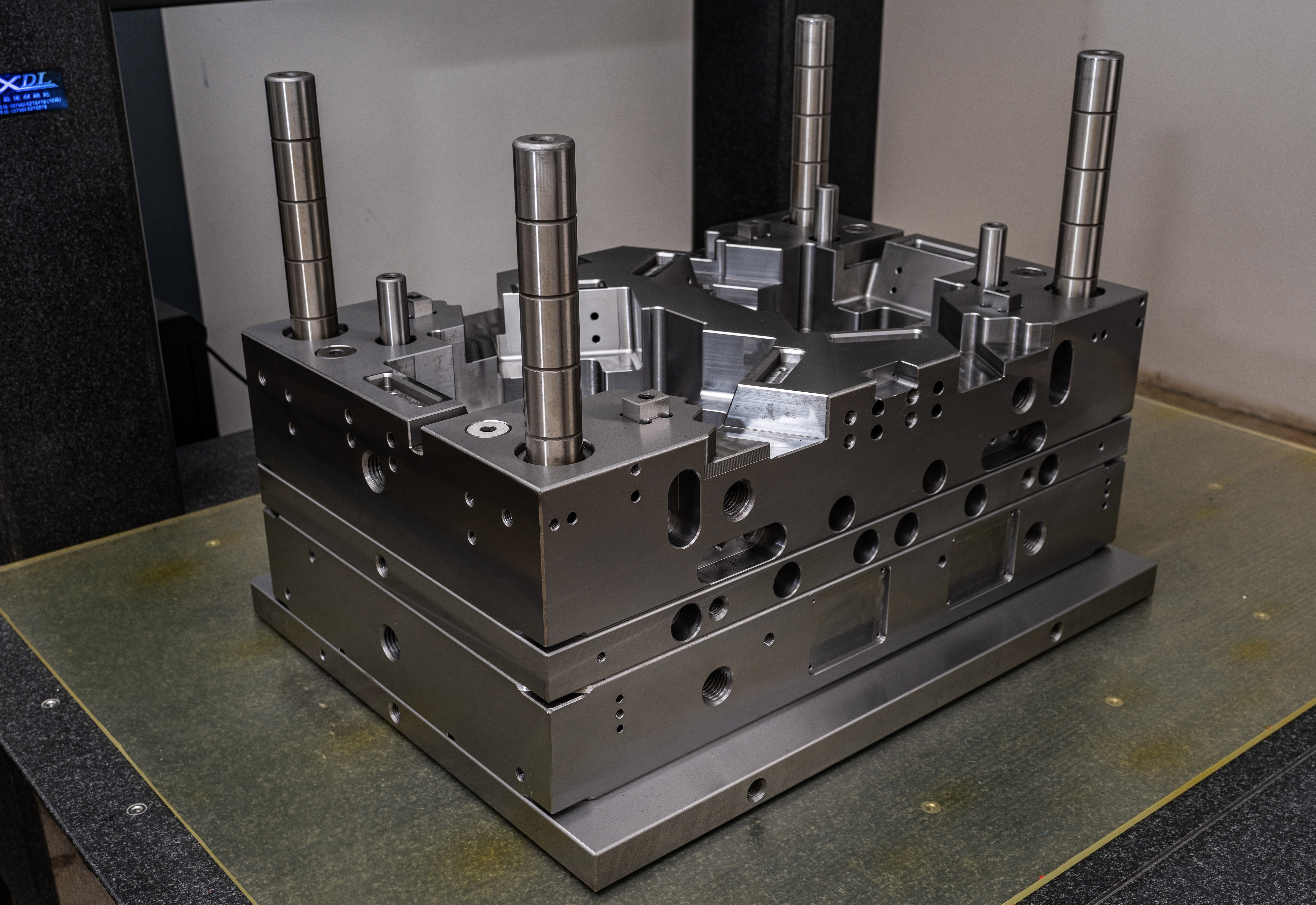The Material Used for Supporting Frames in the Mold Base Industry
In the mold base industry, supporting frames play a crucial role in providing structural integrity and support for molds. These frames help to ensure that the molds remain stable and secure during the manufacturing process. Various materials are used in the production of supporting frames, each with its specific attributes and advantages. In this article, we will explore the commonly used materials for supporting frames in the mold base industry.
Steel Alloys
One of the most widely used materials for supporting frames in the mold base industry is steel alloys. These alloys combine iron with other elements such as carbon, manganese, and chromium to enhance their mechanical properties. Steel alloys offer high strength and excellent durability, making them suitable for withstanding the heavy loads and constant vibrations experienced during mold production.
Commonly used steel alloys for supporting frames include S50C, P20, and 718. S50C, also known as ASTM 1050, is a medium carbon steel that provides good hardness and machinability. P20, or ASTM 618, is a low-carbon, mold-quality steel known for its excellent polishability and wear resistance. On the other hand, 718 is a corrosion-resistant nickel-chromium alloy with high tensile strength and good fatigue resistance.
Aluminum Alloys
Another material used for supporting frames in the mold base industry is aluminum alloys. Aluminum alloys offer a unique set of characteristics such as lightweight, high thermal conductivity, and good corrosion resistance. These properties make them suitable for applications where weight reduction and efficient heat dissipation are essential.
The most commonly used aluminum alloy for supporting frames is 7075. This aerospace-grade alloy offers high strength and exceptional toughness, making it suitable for heavy-duty mold applications. Additionally, aluminum alloys can be easily machined and have good dimensional stability, allowing for precise and intricate mold designs.
Composite Materials
Composite materials, composed of two or more materials with different properties, are also employed in the production of supporting frames in the mold base industry. Composites offer a unique combination of characteristics, such as high strength-to-weight ratio, excellent resistance to chemicals, and thermal stability.
Fiber-reinforced composites, including fiberglass and carbon fiber composites, are commonly used in supporting frames. These materials consist of fibers embedded in a matrix material, such as epoxy resin. The fibers provide high strength and stiffness, while the matrix material acts as a binder, protecting the fibers and providing additional mechanical strength.
Conclusion
In summary, the mold base industry utilizes a range of materials for supporting frames based on their specific attributes and advantages. Steel alloys such as S50C, P20, and 718 offer high strength and excellent durability, making them suitable for withstanding the demands of mold production. Aluminum alloys, particularly 7075, provide lightness, thermal conductivity, and corrosion resistance. Lastly, composite materials, including fiber-reinforced composites, offer a unique combination of high strength-to-weight ratio and chemical resistance. The selection of the material for supporting frames depends on the specific requirements of the mold design and the desired performance characteristics.




